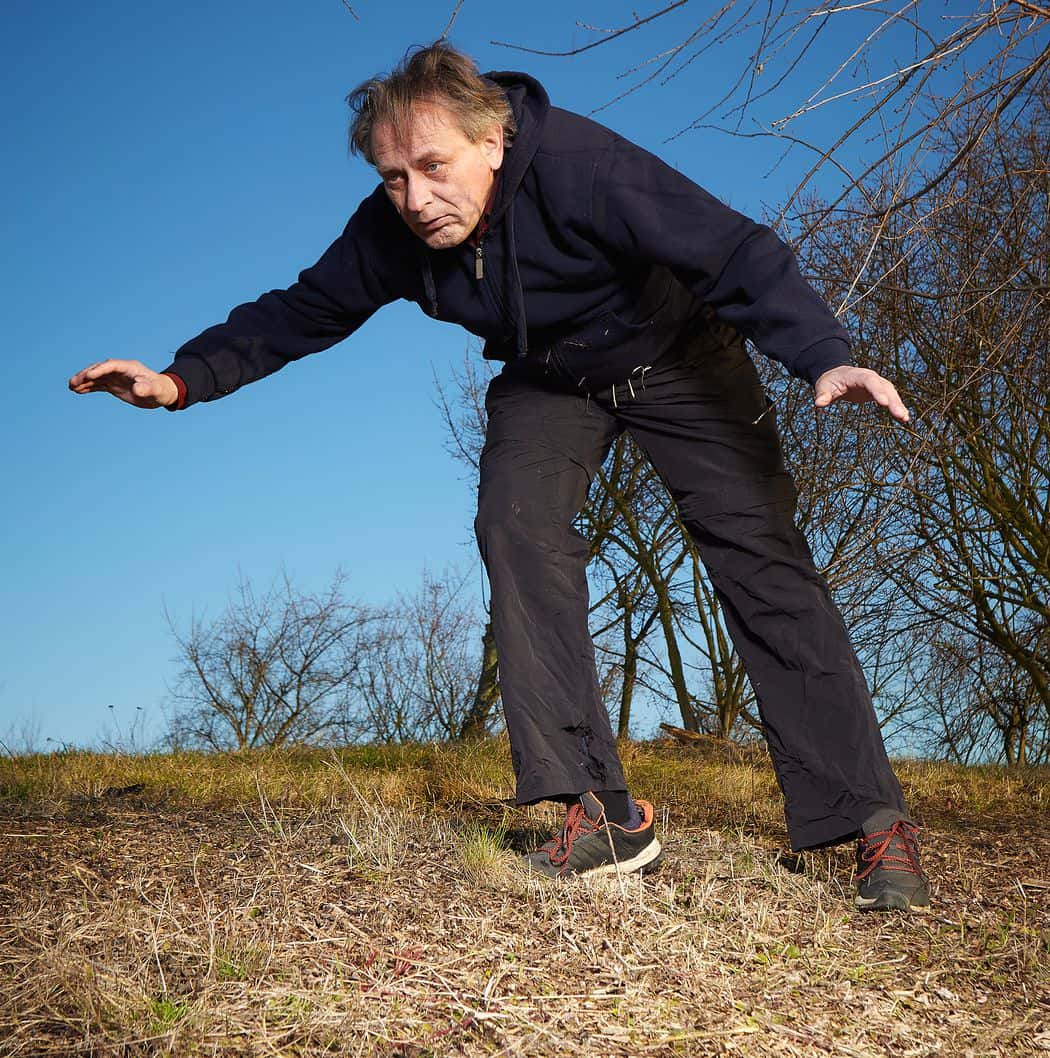
Falls are a great fear as people get older and less steady on their feet. And no wonder: a fall can result in broken bones and greatly reduced mobility. More than a fourth of older adults who break a hip die within the year (Panula et al, BMC Musculoskeletal Disorders, May 20, 2011). If you find out what could make you fall, you can take steps to avoid those things. Might a vitamin deficiency be responsible?
Balance Problems Could Make You Fall:
Q. I have no feeling in the lower part of my legs. This has resulted in balance problems leading to falls. X-rays and MRIs show that there is no damage to the nerves exiting the spinal cord, so that is not the cause. Could vitamin B12 deficiency contribute to this problem?
Vitamin B12 Deficiency Is Dangerous:
A. Vitamin B12 is critical for proper nerve function and balance. Deficiencies in this important nutrient become more common with age. Other predisposing factors include medications such as strong acid-suppressing drugs and the diabetes drug metformin. Vegetarians and vegans don’t get vitamin B12 in their diet and thus are also more susceptible to deficiencies. People who have had gastric bypass or weight loss surgery are less able to absorb this vitamin and more prone to deficiency.
Symptoms of vitamin B12 deficiency include fatigue, dizziness, sore tongue, heart palpitations, depression, shortness of breath, weakness, paranoia or other personality changes and tingling and burning in arms and legs. Prolonged lack of this nutrient may lead to anemia, depression, confusion, dementia and weakened immunity.
Correcting a Vitamin B12 Deficiency:
If you suspect that you may be deficient in vitamin B12, ask your doctor for blood tests. You may need a test of methylmalonic acid (MMA) as well as a test for circulating vitamin B12.
A person who is deficient in vitamin B12 should take supplements to correct the deficiency. Studies suggest that high doses of oral vitamin B12 can work as well as injections to reverse the problem (Wang et al, Cochrane Database of Systematic Reviews, March 15, 2018).
In addition to addressing a vitamin deficiency that could make you fall, you might consider exercises to improve your balance. Such programs can reduce the likelihood of falls and improve fitness (Miko et al, Journal of Rehabilitation Medicine, online May 16, 2018).

